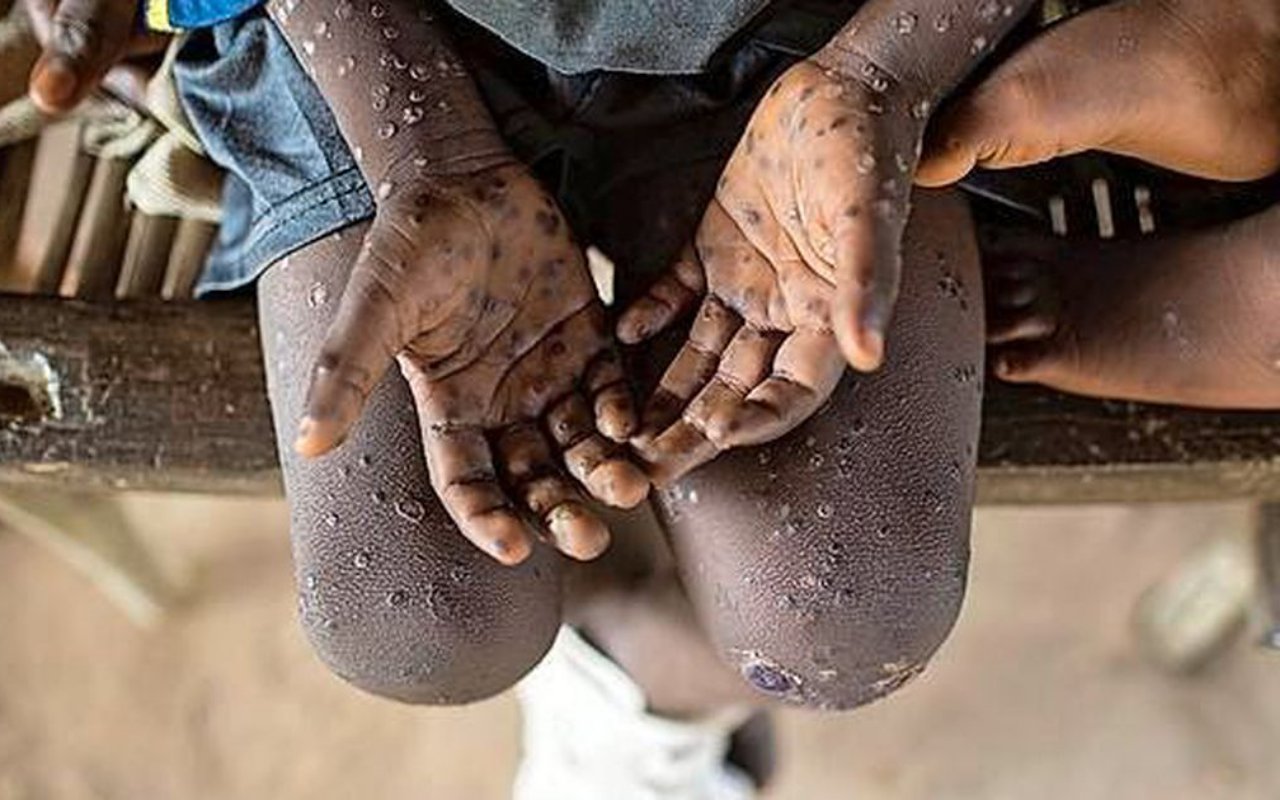The World Health Organization (WHO) has declared a Public Health Emergency of International Concern (PHEIC) due to a new variant of mpox in Africa. On Wednesday, the WHO announced that mpox has now been detected in 13 African countries and that the new strain is spreading.
PHEIC, WHO's highest status, is reserved for "extraordinary events" that pose an international health threat and require a coordinated global response.
Tedros Adhanom Ghebreyesus, WHO Director-General, expressed concern about the potential for further spread of mpox within Africa and beyond. He stressed the importance of a coordinated international response to contain the outbreak and save lives.
Mpox, formerly known as monkeypox, has killed at least 450 people in the Democratic Republic of Congo and is now spreading to central and eastern Africa. Scientists are concerned about its rapid spread and high mortality rate.
On Tuesday, the African Centers for Disease Control and Prevention (Africa CDC) declared the outbreak a continental public health emergency, the first since the agency was established in 2017.
Since the beginning of the year, the Africa CDC has recorded more than 17,000 cases of mpox and 500 deaths in 13 African countries, and has classified the outbreak as "very high risk." The majority of cases - more than 14,000 - have occurred in the Democratic Republic of the Congo, which reported 96 percent of confirmed cases this month.
Read also: Southeast Asia Among Affected Regions by Mpox Spreading
Second Time in Two Years
This is the second time in two years that WHO has issued a warning about mpox, following an outbreak in the Democratic Republic of Congo that spread to neighboring countries.
Mpox is spread through close contact, including sexual activity, skin-to-skin contact and droplet exchange during conversation. Symptoms are similar to those of the flu, accompanied by a characteristic rash.

Although the mortality rate is relatively low, about 4%, the threat of this outbreak remains serious. Vaccination is a key measure in controlling the outbreak, but availability is still limited.
The mpox virus has two main types, clade I and clade II. The previous outbreak in 2022 was caused by Clade II, which tends to be milder. However, the current situation is far more worrying due to a sharp rise in cases of the much deadlier Clade I variant, which has previously killed up to 10% of those infected.
Since last September, the mpox virus has mutated into the much more transmissible clade Ib variant. Experts call it the most dangerous to date. This variant has now been detected in the DRC's neighboring countries, including Burundi, Kenya, Rwanda and Uganda.
Another variant, clade IIb, caused a global outbreak in 2022, spreading primarily through sexual contact between men. The WHO declared a public health emergency from July 2022 to May 2023.
Although this variant has largely subsided, it still caused about 140 deaths out of 90,000 cases. While the outbreak could affect anyone, it primarily affected men who have sex with men and was manageable with vaccination among vulnerable groups.



















